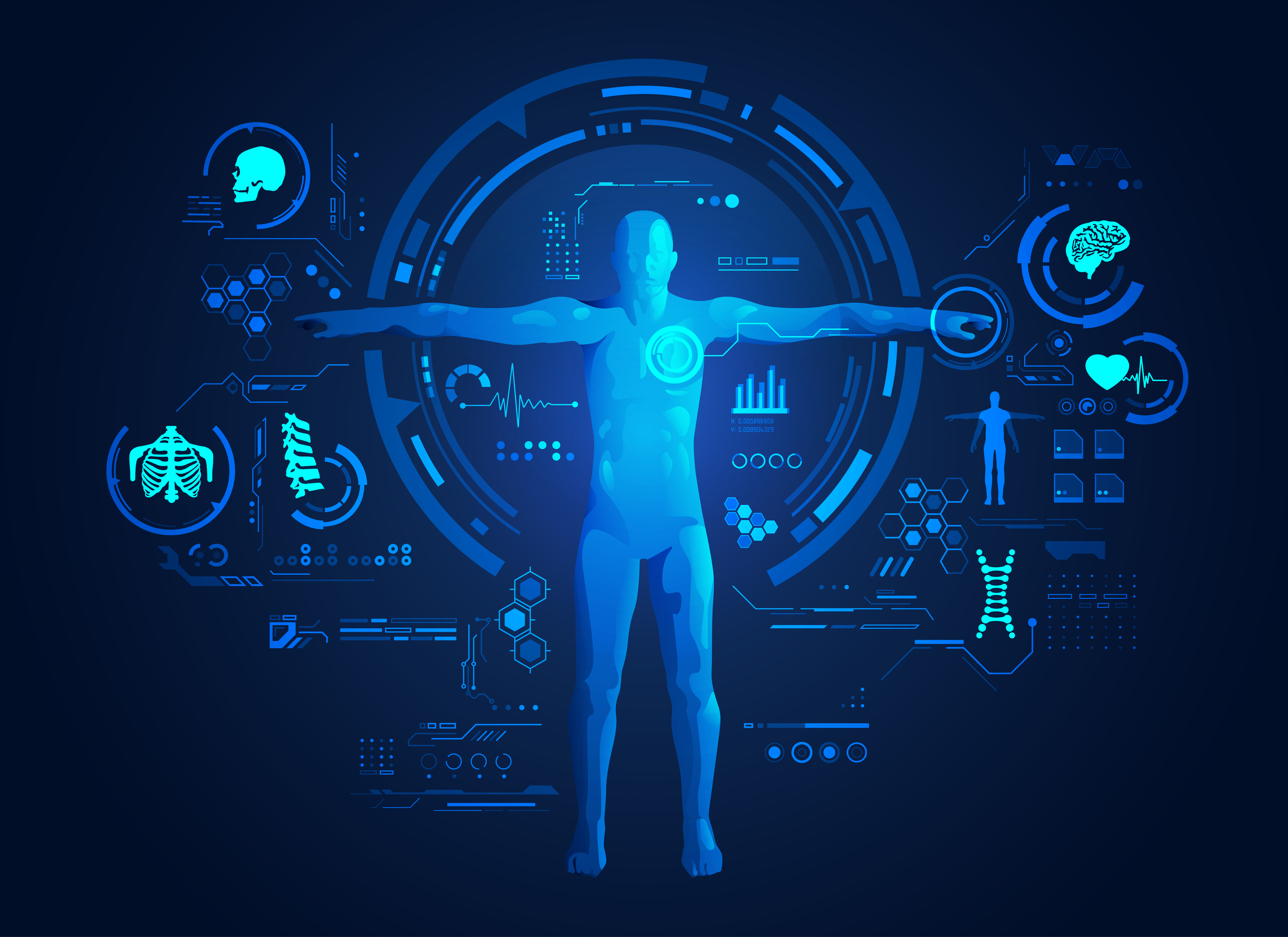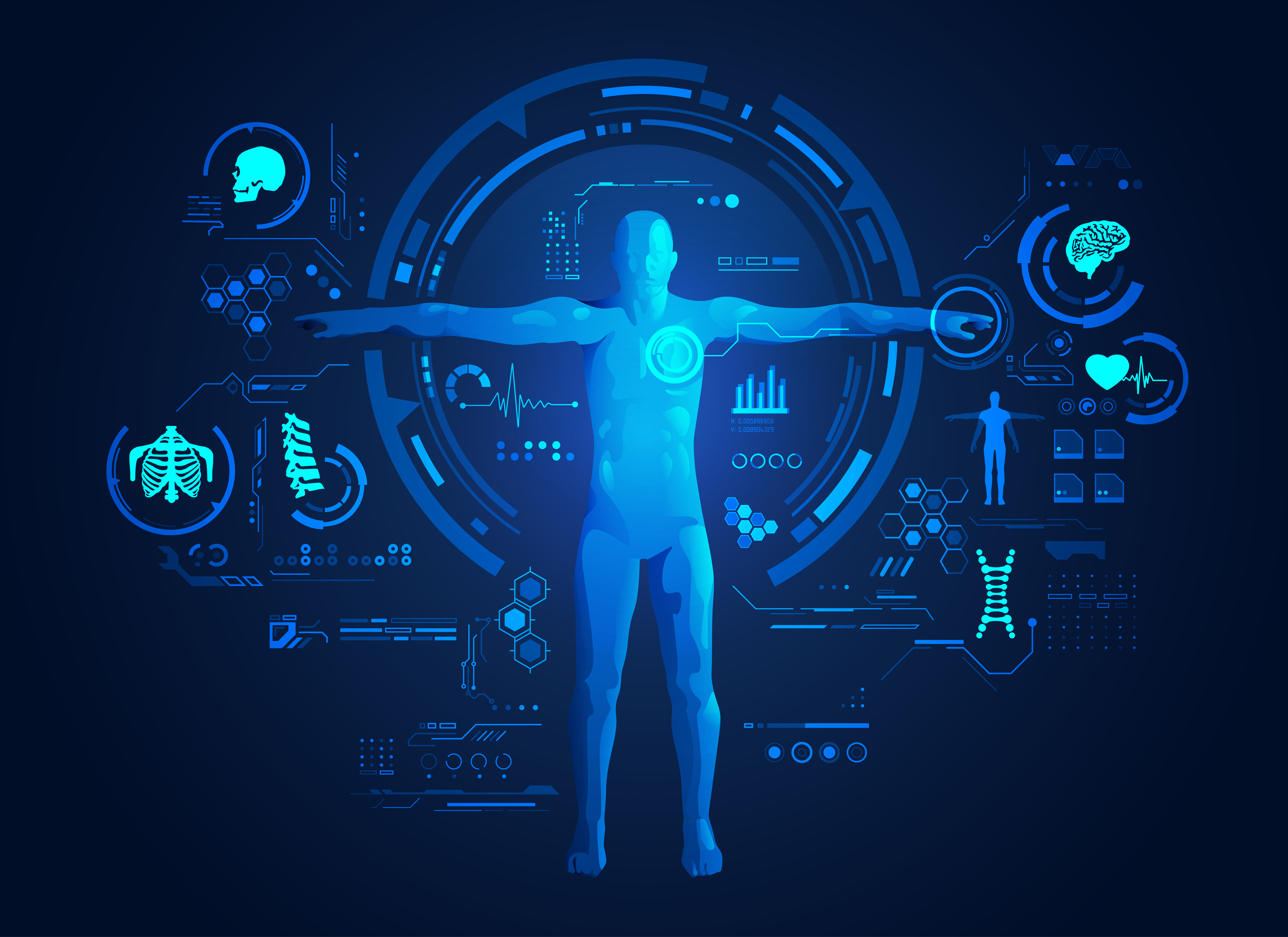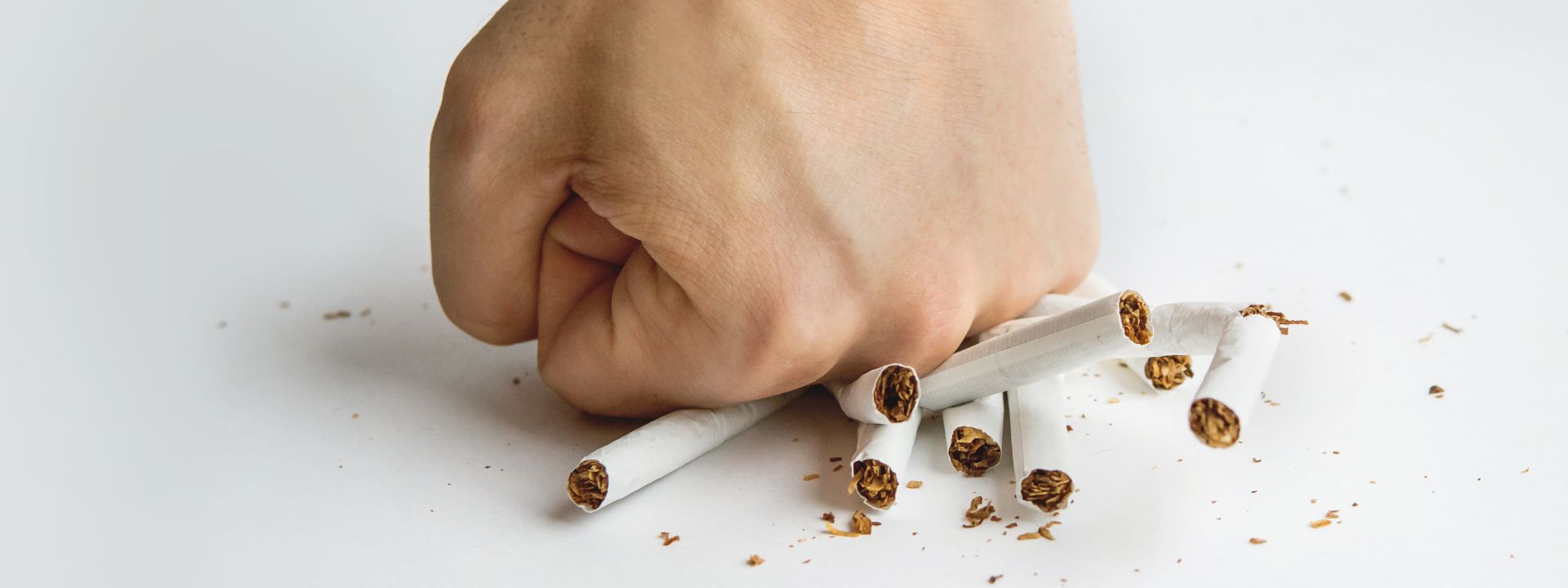Health Disease
Your body is the most priceless possession. After all, you have to dwell in it! So take care of it with a right Health Insurance Plan.
What is Parkinson ’s disease?
Parkinson's disease is a disorder related to movement. It first starts affecting the nervous system, and later the symptoms become worse over the course of time. There are other diseases that are due to movement disorders such as ataxia, cerebral palsy and Tourette syndrome. This occurs due to a change in the nervous system that affects a person's ability for movement or stay still. Parkinson’s disease symptoms do not develop all of a sudden. They typically begin with a slight tremor in one hand accompanied with a feeling of stiffness in the body. Other related symptoms develop over time and then some people will also get a disease named as dementia. It is said that Parkinson’s disease symptoms occur due to a drop in dopamine levels in the brain. Most of the people who are above 60 years old will start showing the symptoms of Parkinson’s disease. But, there are also cases of some people developing this disease as early as before entering their 50s. This condition is also called as ‘early onset’ Parkinson's disease.
Causes of Parkinson’s disease
The exact reason that causes Parkinson’s disease is not known. Mentioned below are some of the common causes of Parkinson’s disease:
Low dopamine levels: Dopamine is a neurotransmitter. Dopamine sends messages to that part of the brain that helps in controlling movement and coordination. If its levels go low or falls, a person may develop Parkinson's disease. This usually occurs when the cells producing dopamine die in the brain. A person may find it difficult in controlling its movements due to low dopamine levels.
Lewy bodies: People suffering from Parkinson's disease may have clusters of protein present in their brain called as Lewy bodies. This too is said to be one of the causes of Parkinson's disease.
Low norepinephrine levels: Just like dopamine, norepinephrine is another neurotransmitter that is vital for controlling blood circulation as well as many automatic body functions. When a person develops Parkinson’s disease, the nerve endings producing this neurotransmitter die. This is one reason why people suffering from Parkinson's disease, suffer from constipation, fatigue, orthostatic hypotension, etc.
Genetic factors: It is possible that genetics might be one of the reasons to get Parkinson's disease. It may run in families, however it is not always hereditary. Researchers are yet trying to identify what are the particular genetic factors that can lead to Parkinson's disease, however it shows that there are many factors that may be responsible for the same. Genetic as well as environmental factors may be one of the reason for Parkinson’s disease. These factors include, exposure such as metals, solvents, pollutants, etc.
Types of Parkinson’s disease
Mentioned below are the types of Parkinson’s disease”
- Primary parkinsonism
- Secondary parkinsonism (parkinsonian syndrome or atypical parkinsonism):
- Vascular parkinsonism
- Normal pressure hydrocephalus (NSA)
- Corticobasal degeneration (CBD)
- Progressive supranuclear palsy (PSP)
- Multiple system atrophy (MSA)
Treatment
What should you do in case your Parkinson’s disease worsens?
It is advisable to seek medical attention as soon as possible, in case you find symptoms of Parkinson’s disease worsening.
What are the available Parkinson’s disease treatment options?
Treatment for Parkinson’s disease is dependent on a mixture of lifestyle changes, therapies and medications. Exercise, adequate rest as well as following a balanced diet would be important as a part of Parkinson’s disease treatment. There are other therapies such as occupational therapy, Speech therapy, and physical therapy that may also help in improving communication and self-care.
Mostly, medications would be needed for controlling different physical as well as mental health symptoms linked with the disease.
Drugs and medication used to treat Parkinson’s disease
Parkinson’s disease treatment options include using a number of different drugs. Let’s have a look at them:
- Levodopa
Levodopa being the most common treatment for Parkinson’s. It aids in replenishing dopamine.
- Dopamine agonists
Dopamine agonists may help in imitating the action of dopamine in the brain. They’re usually less effective as compared to levodopa, however they can be beneficial as bridge medications when levodopa becomes less effective. Usually the drugs that are a part of this class are ropinirole, bromocriptine and pramipexole.
- Anticholinergics
Anticholinergics are useful in blocking the parasympathetic nervous system. They usually help with rigidity. Some of the anticholinergics that are used for parkinson’s disease treatment are Benztropine (Cogentin) and trihexyphenidyl.
- Amantadine (Symmetrel)
Amantadine (Symmetrel) may be used along with carbidopa-levodopa. It blocks glutamate. It however provides only short-term relief for the involuntary movements. These are said to be a side effect of levodopa.
- COMT inhibitors
Catechol O-methyltransferase (COMT) inhibitors extend the effect of levodopa. COMT inhibitors are Entacapone (Comtan) and tolcapone (Tasmar).
As time passes, the effectiveness of Parkinson’s medications can reduce. By Parkinson’s at a later stage, the medications side effects may really outweigh the benefits. But, they may still offer adequate control of symptoms.
Are there any natural or homemade remedies for Parkinson’s disease?
A change in diet and lifestyle may work as Parkinson’s disease natural remedies. You may start with simple exercises as well as stretches that can help you in moving around as well as walk more safely.
To improve walking
- Walk carefully.
- Try not to move too fast.
- Let your heel hit the floor first.
- Check your posture and then stand up straight, thereby helping you in shuffling less.
To avoid falling
- Do not walk backwards.
- Try not to carry anything while walking.
- Try avoiding to lean and reach.
- Make a U-turn for turning around. Do not pivot on your feet.
- Remove any tripping hazards present in your house such as loose rugs.
While dressing-up
- Take plenty of time to get dressed. Do not rush.
- Select clothing that can be easily put on as well as easily taken off.
- Instead of buttons, try using items with Velcro.
- It is best to use pants as well as skirts with elastic waist bands, simply because it is usually easier to use pants with elastic waist bands than zippers and buttons.
Try practicing Yoga since it targets muscle movement for building muscle, improving flexibility as well as increasing mobility. In case of some affected limbs, you may notice that yoga makes a lot of difference by tremors.
For someone who has developed Parkinson’s disease, a diet may play an important role in day-to-day activities. However, it may not help in Parkinson’s disease treatment, it will significantly show its impact when accompanied with a healthy diet.
It is suggested to make healthy changes in foods by consuming antioxidants rich food, fava beans, omega-3s, etc.
When to see a doctor?
If you develop Parkinson’s disease symptoms such as shaking, tremors, loss of facial expression, fainting, dizziness, trouble in walking or moving, constipation, small handwriting, speaking in a low voice, loss of smell, etc. you should visit your doctor immediately.








 support@greyfont.com
support@greyfont.com Call Us on (022) 4891 3051
Call Us on (022) 4891 3051